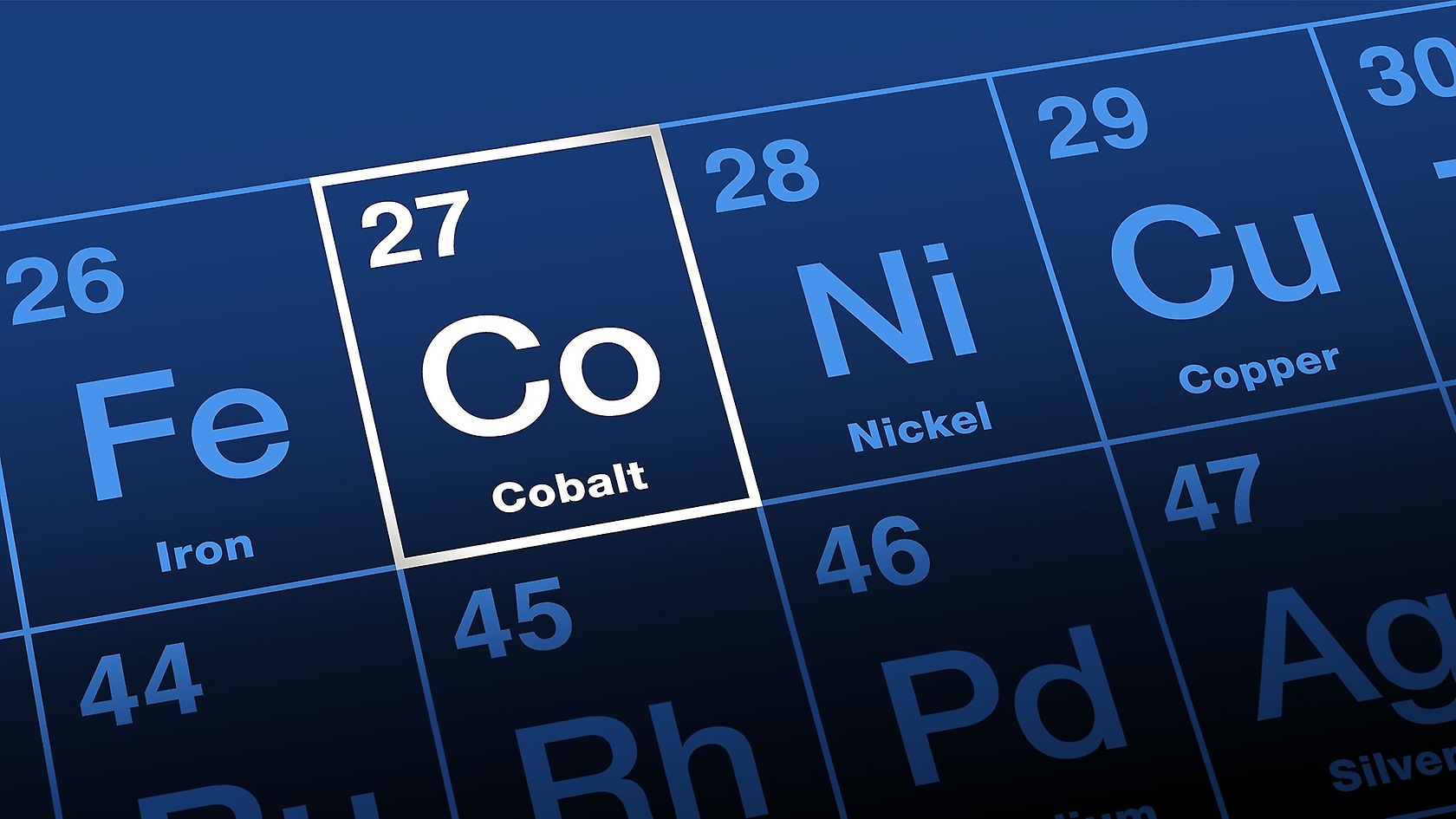At present, the Mercedes-Benz AG does not source cobalt directly. To make the complex cobalt supply chains of our battery cell suppliers more transparent and to assess suppliers on human rights performance, we have had suppliers audited by the auditing and advisory firm RCS Global since 2018. On the basis of the findings obtained, Mercedes-Benz will in future require its battery cell suppliers to source cobalt exclusively from audited mining sites.
Cobalt is an important raw material for the production of batteries for electric cars and commercial vehicles. The world’s largest deposits of this material are found in the Democratic Republic of the Congo. Mercedes-Benz has deliberately decided not to generally exclude countries of origin viewed as high-risk - such as the Democratic Republic of the Congo - as sources of supply. Instead, the holistic approach aims to improve the local situation for the people working there and to strengthen their rights. This is the only way to achieve long-term, and sustainable, social changes.
By doing so, Mercedes-Benz AG is following the recommendation of non-governmental organizations, governments and other relevant interest groups not to generally withdraw from high-risk countries. In accordance with the principle of using leverage before withdrawing, the aim is to encourage the local economy while at the same time ensuring that higher standards in relation to the protection of human rights are established and then improve over time.
Already in 2018, Mercedes-Benz commissioned RCS Global
Mercedes-Benz will in future only source battery cells with cobalt & lithium from audited mining sites. In order to achieve this, Mercedes-Benz Procurement is making the industry-wide recognized "Initiative for Responsible Mining Assurance" (IRMA)
Important criteria in the IRMA standard include human rights, occupational health and safety and environmental impact of raw material mining. The standard also takes into consideration further social and societal aspects that are related to the consequences of industrial mining.
As things stand at present, there are only two cobalt mines that have been audited according to the IRMA Standard for industrial mining. Mercedes-Benz is therefore working with IRMA and RCS Global on a step-by-step approach that allows a limited number of cobalt mines in the Democratic Republic of Congo to be audited according to specific requirements.
In the medium term, this approach aims on the one hand to establish realistic expectations of mining suppliers, while on the other pressing for increasingly responsible practices in order to meet Mercedes-Benz’s requirements for sustainable supply chains. The long-term objective is a clear commitment to a process of continuous improvement. Included in this are transitional periods for the achievement of different levels of performance for an IRMA certification.
Auditing by RCS Global
The supply chains of battery cell suppliers to Mercedes-Benz are assessed at all tiers, from battery cell supplier to mine site, by RCS Global. This assessment includes aspects such as the prevention of child labour and forced labour, health and safety at work, material control and due diligence systems. Where necessary individual corrective action plans are agreed with the suppliers and their implementation is continuously monitored. The aim of this corrective action and regular monitoring is to ensure that a continuous improvement process takes place in the supply chain. This ultimate aim is that the cobalt for battery cells comes from responsible sources of supply that meet the requirements of Mercedes-Benz AG.
In principle, a supply contract for battery cells at Mercedes-Benz Cars requires that the supplier agrees to the disclosure of the entire cobalt supply chain.
Successes in battery cobalt supply chains with RCS Global (2019 - 2022)
Learn more about the 2019-2022 Cobalt Supply Chain Auditing Project with RCS Global
Continuation and expansion of audits in battery cell supply chains
Due to the increasing requirements for due diligence and increased transparency in the battery cell supply chains, Mercedes-Benz has decided to continue its audit activities in cooperation with RCS Global and to expand beyond cobalt to include the raw materials lithium, nickel, copper, graphite and manganese. In addition, the scope of human rights due diligence will be expanded to include environment-specific aspects.
The new phase of the project started in July 2022 and will run until June 2025.
This article was updated on July 19, 2023 to include new information about the cobalt supply chain.
